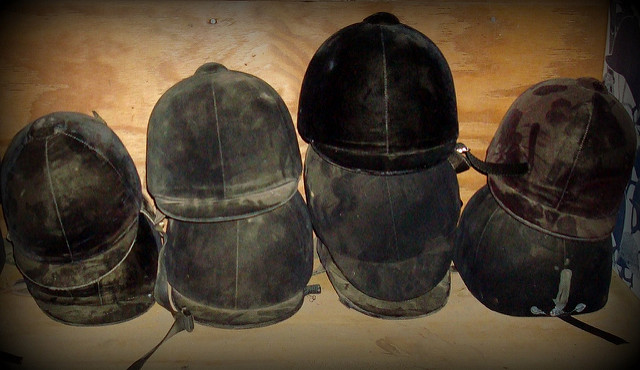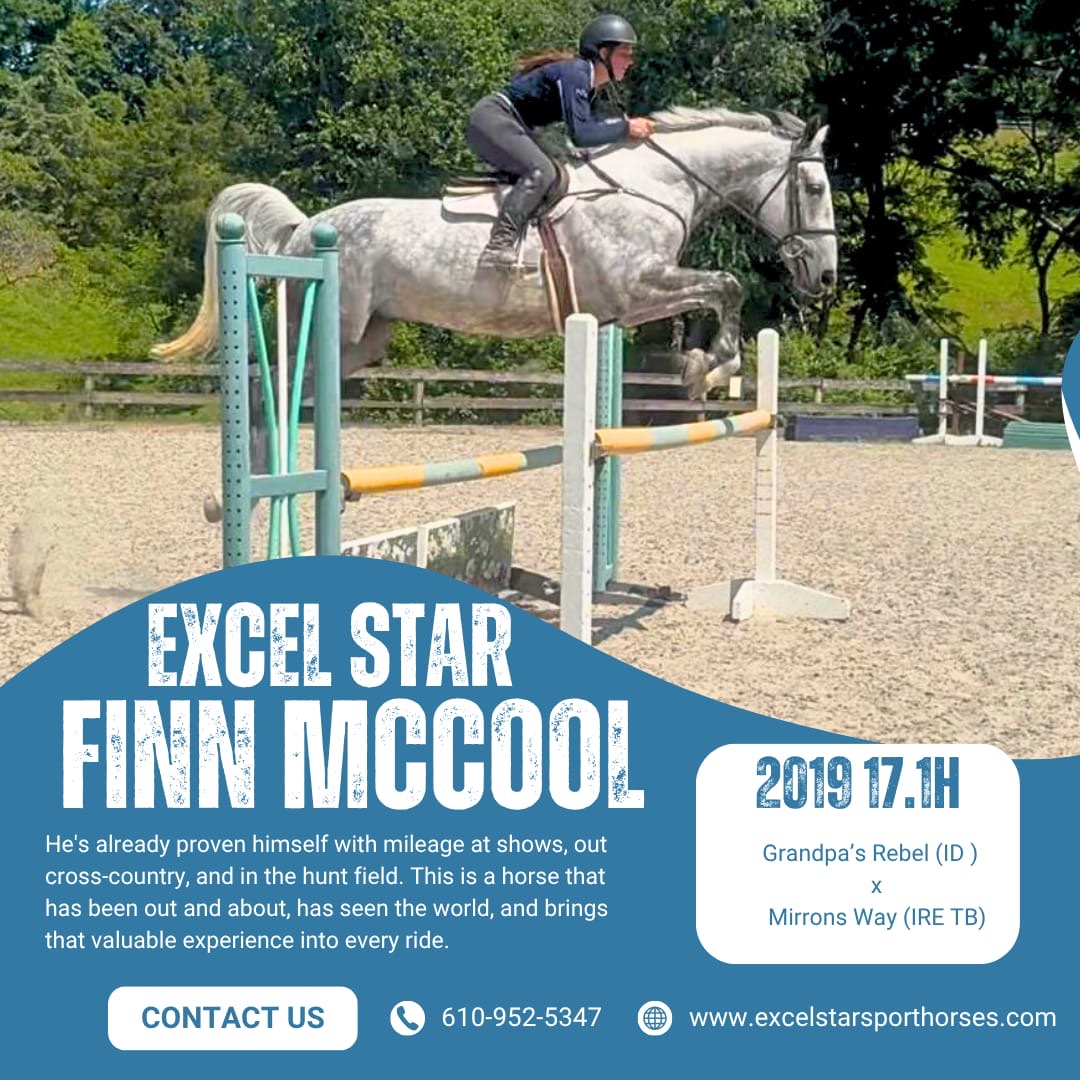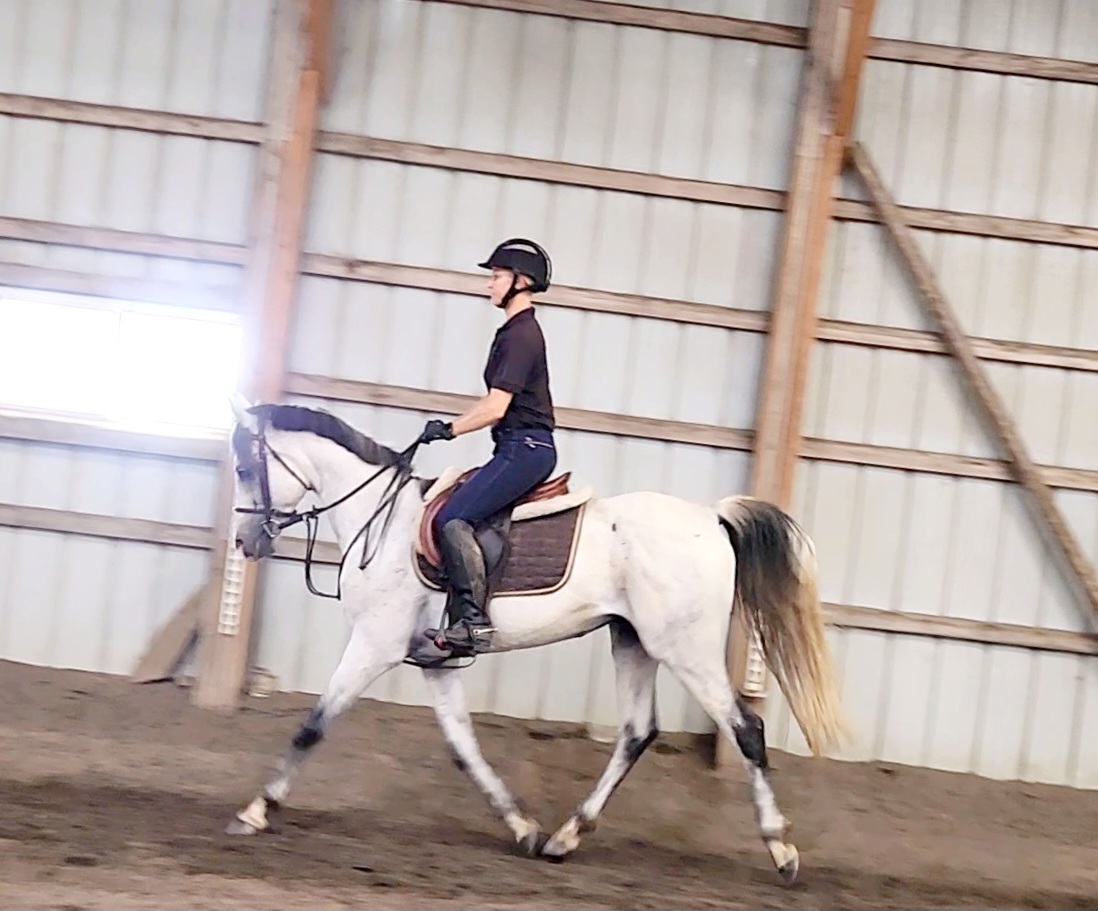I do not like helmets.
I like riding without a helmet.
I grew up not wearing a helmet.
I used to find it insulting as an adult that I had to wear a helmet even to ride in an indoor.
But I wear one anyway, and this is why:
I keep a fading Polaroid photo of my International helmet that was cracked in half after a fall on what was to be a easy quiet ride. It’s over a decade old — no one would know even what it is a photo of anymore.
Why keep a disintegrating photo? It reminds me not to be an idiot. It reminds me of eight broken ribs, a damaged shoulder and hip, and multiple bruises… but brain intact.
It was a quiet ride. A normal ride until the spook where we always had had quiet rides. A day I was forced to use a helmet.
I am intelligent. I have a scientific mind that believes everything can be put into a formula.
This one is easy:
NO Helmet + Ride + Fall = Head Injury = Death or Worse
Another thought to ponder: With a traumatic brain injury, you will not be the worst sufferer. It is your family and friends who have to remember who you were. They are the ones who have to deal with the consequences of your not wearing a helmet.
Who will take care of your horse if you can’t?
Don’t be selfish, put the helmet on. If for no other reason, do it for your horse…




























